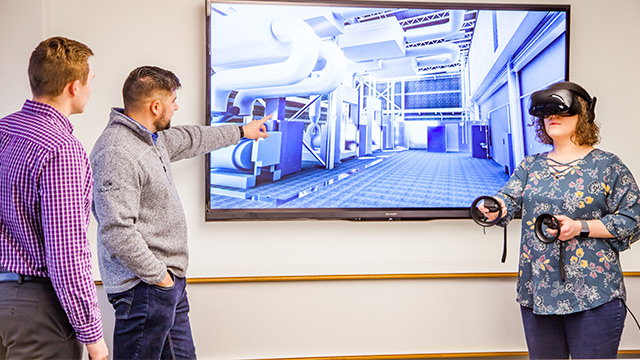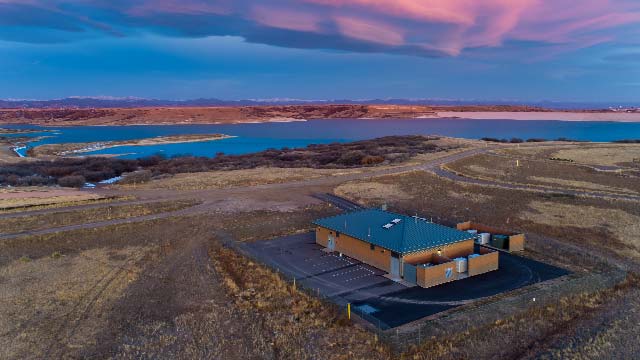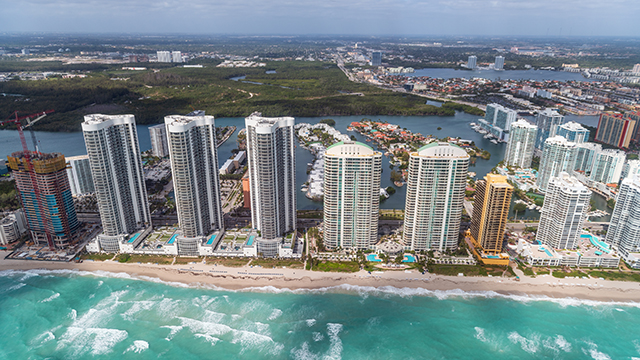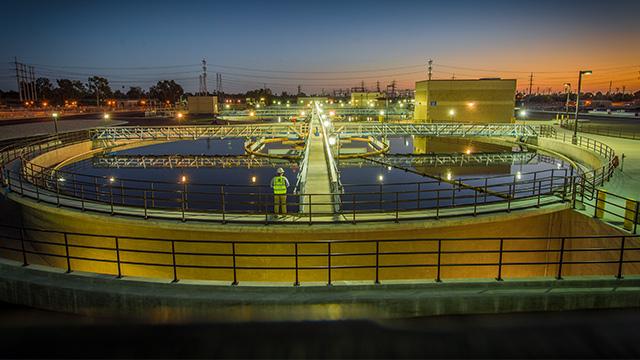Great Britain has significant tidal energy potential. Harnessing this resource and making it cost effective, and attractive to investors, is a challenge.
The Energy Technologies Institute (ETI) commissioned and funded the Tidal Energy Converter System Demonstrator project to establish the pathway to an “optimised low-cost architecture” that will deliver long-term commercial viability.
The endeavour - the Tidal Energy Converter (TEC) project - is led by Atlantis Resources. Black & Veatch, one of several companies working on the TEC, is acting as project manager and is providing technical expertise, primarily on the support structure and foundation aspects.
There are competing tidal energy converter prototypes. The engineering team desired to arrive at a ‘preferred architecture’ via a comprehensive analysis of existing technologies and system approaches. Key to the analysis was to adopt a systems and whole-life cost approach. This set TEC apart from most other studies.
Making Marine Energy Successful
TEC Phase 1a led to the overall conclusion that there was “no golden technology bullet,” but rather a gold mine of cost reduction potential. The project found that rather than a single innovation or component, it was a combination of cost-effective innovations, optimized on a system-wide basis, which delivers the best life cycle cost of energy. The preferred architecture was found to be optimal in 95 percent of the UK’s identified tidal sites.
In its Marine Energy Roadmap, published in conjunction with the UK Energy Research Centre, the ETI recognised it was critical for the marine industry to achieve a cost of energy, for large-scale projects of around 200 megawatts, within the 9-18p/kWh range. This was seen as the level at which marine energy could successfully compete with other forms of generation for investment. The preferred architecture identified by TEC Phase 1a is able to operate within that target.








